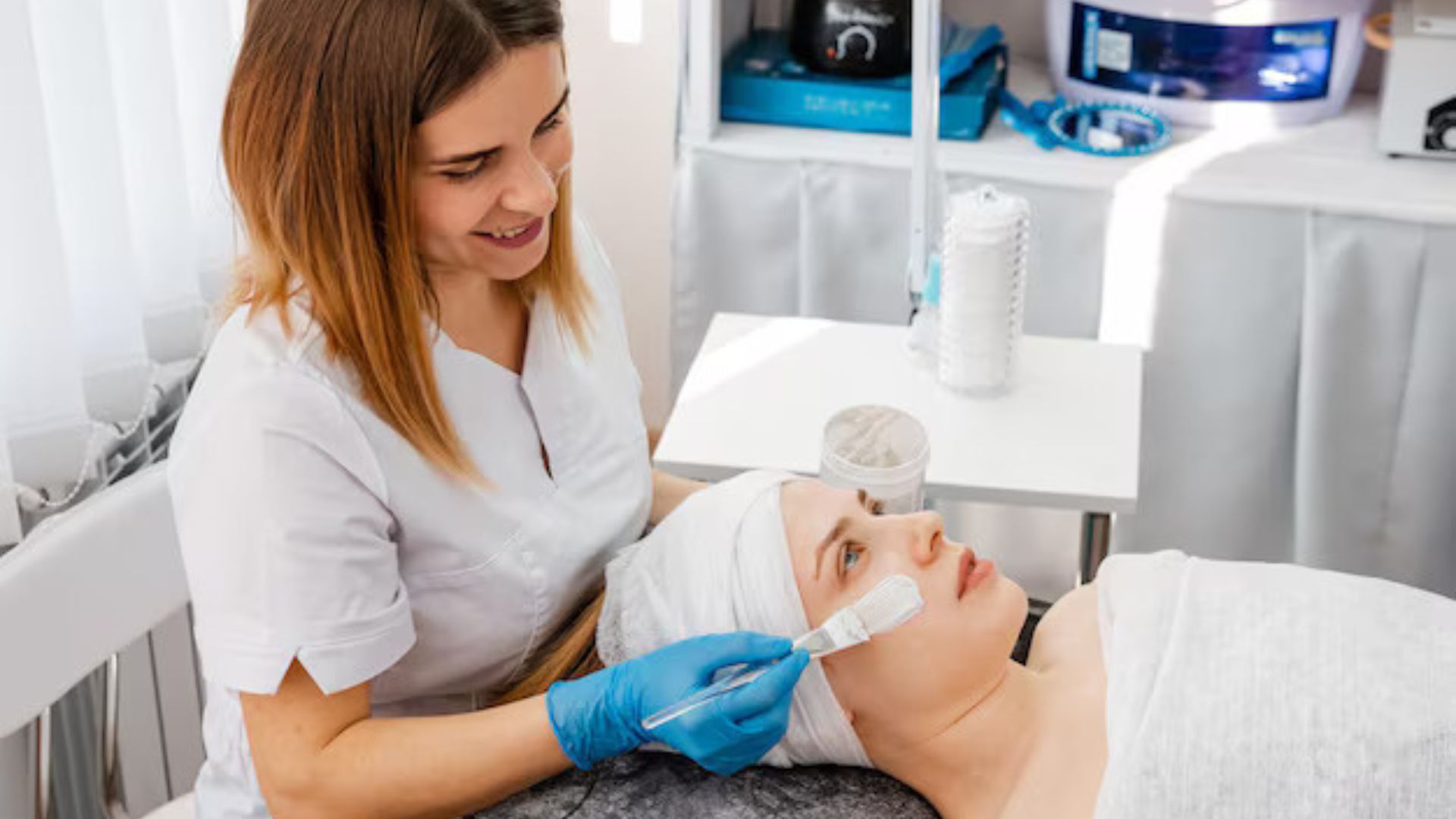

How to Prepare Yourself Before Visiting a Dermatologist?
Are you visiting a dermatologist? You probably have some doubts about the visit, especially if it is your first visit. Let us help you make your dermatologist visit more comfortable by clearing all your doubts.
Let us start by understanding what you can expect at your first visit. Even if it is your annual visit, some things can get cleared, so stick till the end.
Who Are Dermatologists?
Dermatologists are medical professionals who specialise in diagnosing and treating conditions of the skin, hair, and nails. They manage several conditions, including skin cancers, acne, psoriasis, and hair loss, and also perform cosmetic treatments like wrinkle reduction and scar revision. A dermatologist can:
- Diagnose and treat medical conditions of the skin, hair, and nails, from common issues like acne and warts to more serious diseases like skin cancer.
- Perform both medical and surgical procedures, including skin biopsies, tumour removals, and laser surgery.
- Work with other specialists to manage systemic diseases that affect the skin.
- Provide cosmetic treatments for issues such as wrinkles, sagging skin, and scarring.
GP Dermatologist Chermside understand that a skin condition can have a serious impact on an individual’s health and well-being. They provide a treatment plan customised to your needs and health conditions.
Prepare Yourself to Visit a Dermatologist: GP Dermatologist Chermside
| Steps | Explained |
| Be Informed | If this is your first visit, then it is important to collect some background information on your health and why you are scheduling the appointment. Your dermatologist will be meeting you for the first time, so ensure to share vital information on the skin history, surgical history, past treatments, current medications and supplements. Put essential information together so that you won’t get frustrated. |
| Share Photos of Previous Skin Concerns | Whether you struggle with psoriasis, eczema, rosacea, acne or something skin concern, it is important to share photos of previous flare-ups. This visual aid is valuable if your skin is clear at the time of the appointment but gets worse on a regular basis. If you have regular flare-ups but aren’t sure what the condition is, your dermatologist can help identify the condition through photos. |
| Prepare List of Questions | You must have doubts regarding the condition of the skin. Prepare a list before you forget to ask the essential doubts. Whether it is regarding skin, nails or hair, create a list of questions you’d like to ask your dermatologist. Keep a small notepad on hand and write down the questions in case your mind goes blank when you’re at the dermatologist. |
| Wear Loose Clothing and Minimal Makeup | Loose clothing allows for a better view of your skin concerns. In many cases, your board-certified dermatologist wants to evaluate your skin to look for any suspicious spots or atypical moles. Do not hide skin conditions with lots of makeup. The main purpose of visiting a healthcare professional is not to hide anything, even if it is a cosmetic concern. Do you know that, along with medical conditions, dermatologists can also treat cosmetic concerns? This involves procedures to improve appearance, such as laser therapy for scars and wrinkles, chemical peels, fillers, and hair removal. Some dermatologists may even perform more extensive cosmetic procedures. |
| Remove All Nail Polish | Remove all nail polish from fingers and toes. The health of your nails is often an indication of your overall health. The dermatologist will likely want to examine and evaluate your nails. You must understand that many types of skin cancers and fungal infections can affect the nail beds, so it’s best to leave them ocean and let your dermatologist conduct a clear examination. |
FAQs: Dermatologist and Examinations
Q1. Can I expect to get checked for my entire body on a dermatologist visit?
Yes, you can and should expect to be checked from head to toe, as a full-body skin exam is a standard part of a dermatologist visit, especially for new visitors.
Q2. What signs will a dermatologist look for on a visit?
A dermatologist looks for signs of skin conditions like acne, eczema, and psoriasis, as well as early indicators of skin cancer, such as new or changing moles (using the ABCDE rule) and non-healing sores.
Q3. Do I have to bring someone with me for a regular skin check?
No, you do not have to bring someone with you for a regular skin check with a healthcare provider.
Final Thoughts
At CSMC, get your full body check done with the specialists. You can ask queries, prepare yourself for further examination and get the regular skin check done with the dermatologists. If you have any suspicious skin growths, hair-related issues or nail-associated doubts, consult with a specialist today!
References



